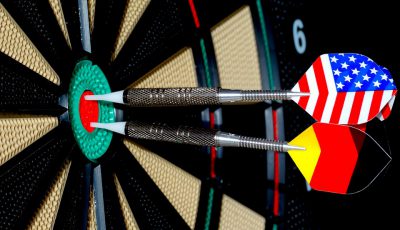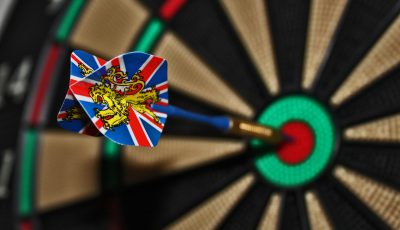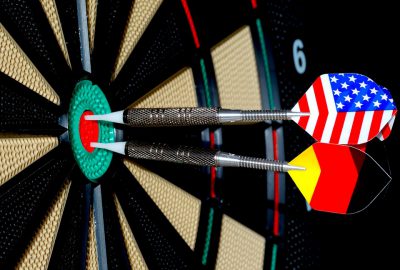Darts: A Precision Pursuit or a Sporting Spectacle?
The debate over whether darts should be classified as a sport has been a topic of discussion for years, dividing enthusiasts and traditional sports purists alike. While some argue that the precision and skill required in dart throwing make it a legitimate sport, others contend that it lacks the physicality typically associated with athletic endeavors. Then again, how do we determine what a sport is? Is something a sport if it has a large following? Is something a sport if it can be found on sites with promotional codes similar to the ones one may find if they’re looking for sports betting sites / sitios de apuestas deportivas?
In this article, we’ll delve into the heart of the matter, exploring the characteristics that define a sport and examining how darts aligns with or deviates from these criteria.
Defining a Sport
At its core, a sport is often defined as a competitive activity involving physical exertion or skill, governed by a set of rules and typically engaged in for entertainment. Darts certainly meets the criteria of competition and rules, but where it stands on the physical exertion spectrum is a point of contention.
Physical Demands of Darts
While darts may not require the same level of cardiovascular fitness as football or basketball, the precision and hand-eye coordination demanded by the game should not be underestimated. A professional darts match can last for several hours, testing a player’s endurance and concentration. The mental stamina required to maintain focus and make split-second decisions is undeniably a crucial aspect of the game.
Skill and Strategy
Darts is a game that combines skill and strategy in equal measure. Players must master the art of consistently hitting the bullseye while adapting their tactics based on their opponent’s moves. The mental acuity needed to calculate scores and devise winning strategies adds a layer of complexity to the game that is comparable to strategic thinking in traditional sports.
Competitive Aspect
The professional darts circuit boasts a plethora of tournaments, each with its own prestige and prize money. Players earn rankings based on their performances, and the level of competition is intense. The crowd’s roars and the pressure of high-stakes situations mirror the competitive atmospheres seen in other sports, emphasizing the legitimacy of darts as a sport.
Recognition by Official Bodies
One yardstick for determining whether an activity is a sport is its recognition by official sporting bodies. While darts has yet to make its mark in the Olympic Games, it enjoys recognition from various national and international sports organizations.
Counterarguments
Critics argue that darts lacks the physicality and athleticism associated with traditional sports. However, it’s important to note that sports like archery and curling also require precision and skill without intense physical exertion. Darts, therefore, falls in line with these precision sports, challenging the conventional notion of athleticism.
Conclusion
In conclusion, the question of whether darts is a sport hinges on our understanding of the term. When considering the precision, skill, competition, and recognition it commands, darts emerges as a sport in its own right. The mental and physical demands, coupled with its growing recognition, make a compelling case for darts to be acknowledged as a legitimate sporting pursuit. As the lines between athleticism and skill blur, perhaps it’s time to embrace the diversity within the realm of sports and appreciate darts for the unique and demanding game that it is.












